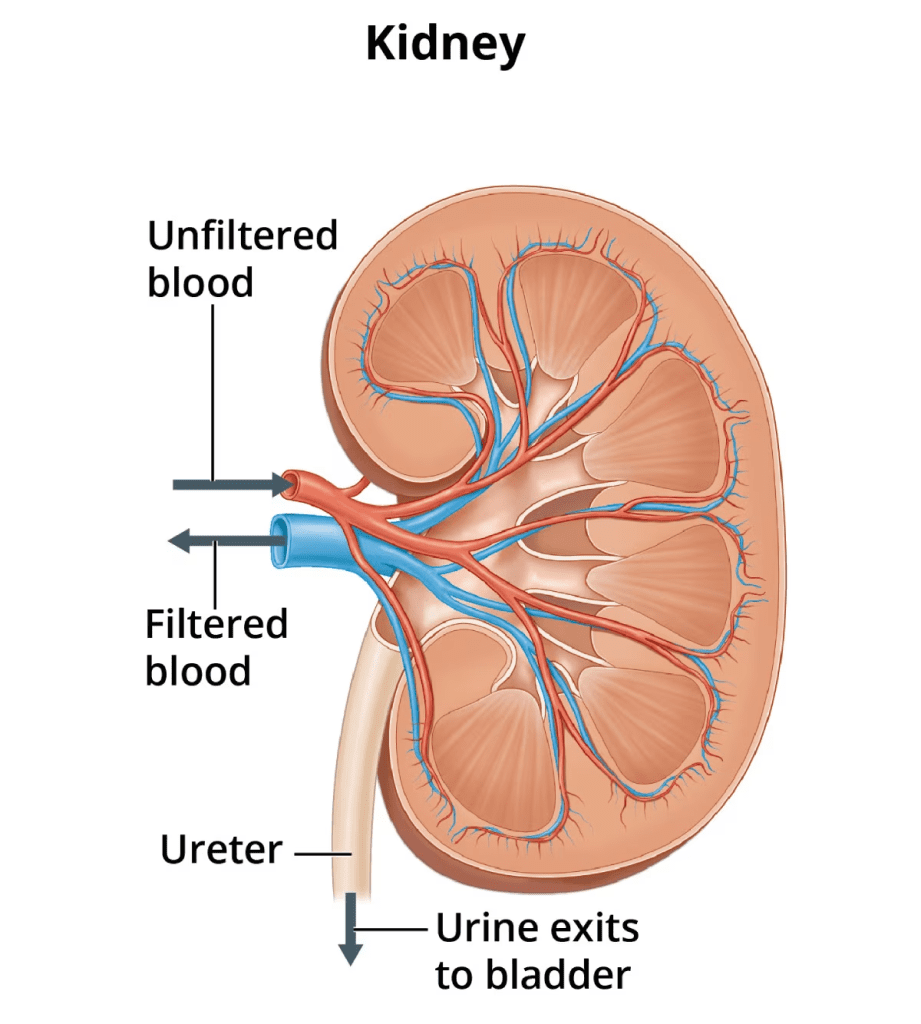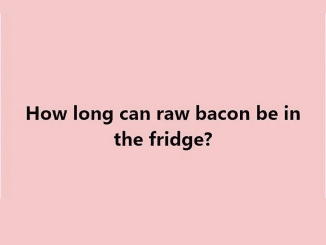When it comes to our health, the kidneys don’t get nearly enough credit. These two bean-shaped organs quietly handle some of the most vital processes in our body—like filtering blood, balancing electrolytes, and managing waste. But here’s the kicker: when they’re in trouble, they often stay quiet—until it’s almost too late.
That’s why learning the early warning signs of kidney trouble is so important. Your body tries to speak to you in subtle ways—if you know how to listen. So, let’s decode the 10 signs your kidneys might be in danger.
Understanding the Role of Your Kidneys

Before diving into symptoms, let’s talk function.
Your kidneys sit just below your ribcage on either side of your spine. Each day, they filter over 100 quarts of blood and flush out around 1 to 2 quarts of waste and extra fluid. They also help regulate blood pressure, produce hormones, and control levels of sodium, potassium, and calcium.
When your kidneys are healthy, they’re like your body’s internal janitors—quiet, efficient, and vital. But once they begin to fail, the effects ripple through nearly every system.
Why Kidney Disease Goes Undetected
Here’s the scary truth: kidney disease often creeps up without obvious symptoms until it’s progressed significantly. Many people don’t even realize their kidneys are in danger until damage is already done. But your body does send signals—you just have to know what to look for.
1. Changes in Urination
This one’s a biggie.
If you’re suddenly peeing more than usual—especially at night—or struggling to go at all, pay attention. Foamy, dark, or bloody urine could be signs that your kidneys aren’t filtering properly.
Video : Don’t Ignore These 10 Warning Signs of Kidney Disease!
2. Constant Fatigue and Weakness
Feeling wiped out all the time? It might not just be stress.
When kidneys don’t filter waste efficiently, toxins build up in your bloodstream. This can lead to anemia—low red blood cell count—which makes you feel tired, weak, and foggy.
3. Swelling in Hands, Feet, or Face
Notice your ankles puffing up? Or your fingers feeling like sausages?
Kidneys that aren’t doing their job can cause fluid to build up in your tissues. This swelling (called edema) often shows up in the lower body first but can affect your face, too.
4. Back Pain That Won’t Quit
Got a dull ache just below your ribs? It could be more than muscle strain.
Kidney pain is often mistaken for back issues. But if the pain is persistent—and especially if it’s one-sided or comes with fever or urine changes—it could be a sign of infection or damage.
5. Sudden Loss of Appetite or Unexplained Weight Loss
If food just doesn’t appeal to you anymore—or if the pounds are dropping off without trying—that’s a red flag.
When waste builds up in your body, it messes with your digestive system. You might feel nauseous, full after just a few bites, or even experience vomiting.

6. Persistent Nausea or Vomiting
If you’re feeling sick to your stomach more often than not, it might be your body trying to purge toxins—because your kidneys can’t.
This is especially common in advanced kidney disease, but it can start showing up early. Don’t ignore it.
7. Trouble Sleeping
Having a hard time falling—or staying—asleep?
Restless legs, nighttime muscle cramps, and frequent trips to the bathroom can be linked to kidney issues. Poor sleep and kidney dysfunction often go hand in hand.
8. Metallic Taste or Bad Breath
If your morning breath has gone from normal to “what died in there?” or you constantly have a metallic taste in your mouth, your kidneys might be to blame.
A buildup of waste in the bloodstream (uremia) can cause foul breath and affect your taste buds. It’s a bizarre but telling clue.
9. Muscle Cramps and Twitching
Random cramps in your legs or twitching muscles could mean your electrolyte balance is off.
Your kidneys are in charge of regulating minerals like calcium and potassium. When they’re out of whack, your muscles react.

10. Itchy, Dry Skin
That itchy, can’t-scratch-it-enough feeling might not be dry winter air—it could be your kidneys crying for help.
When your kidneys stop filtering waste properly, toxins accumulate in the blood, leading to itchy skin. Sometimes it’s mild. Sometimes, it’s unbearable.
How to Protect Your Kidneys Before It’s Too Late
Here’s the good news: you can take action before things get worse. And it all starts with awareness.
Live a kidney-friendly lifestyle:
- Drink plenty of water daily
- Limit sodium and processed foods
- Get regular exercise
- Quit smoking and limit alcohol
- Control your blood sugar and blood pressure
- Be cautious with over-the-counter pain meds
And most importantly: get regular blood and urine tests—especially if you have risk factors like diabetes, high blood pressure, or a family history of kidney problems.
Video : Help Your Kidneys! Dr. Mandell
Don’t Wait Until It’s Too Late
Kidney disease is silent—but it’s not invisible. Your body will tell you something’s wrong. The real question is: will you listen?
If you’ve noticed any of these 10 symptoms, talk to your doctor. Early detection can mean the difference between simple lifestyle changes and lifelong dialysis.
Take your health into your own hands—and give your kidneys the attention they deserve. They’re working hard for you, every single day. Maybe it’s time to return the favor.


